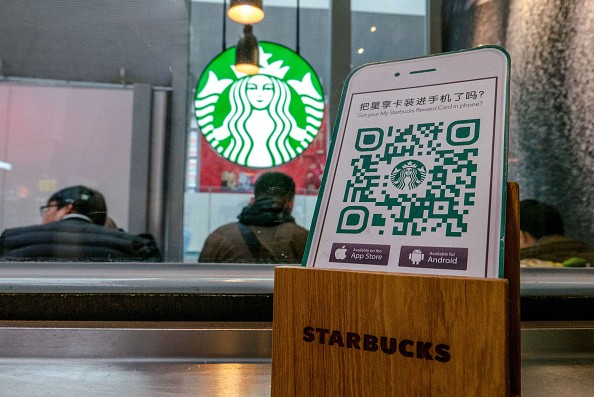Tencent has taken more than one-third of China's $5.5 trillion mobile payment markets, beating rival Alibaba whose shares had fallen to nearly half last year, according to the Financial Times.
Latest data from consultancy Analysys showed that Alibaba's shares fell from 71 percent in the third quarter of 2015 to 54 percent in the fourth quarter of 2016, while Tencent's share rose from 16 percent to 37 percent in the same period.
ApplePay, which entered China only early last year, was not in the top 10 list.
The rise in online shopping and the absence of alternative mobile payment platforms or services such as credit cards have contributed to the rapid growth of China's mobile payments sector, which is now the largest in the world, 50 times that of the U.S.
Based on Forrester Research, the country's mobile payments reached $5.5 trillion last year, or about 50 times that of the U.S.'s $112 billion market, as per iResearch.
Alibaba's Alipay was launched in 2004 and has dominated the market, while Tencent's WeChat, a gaming and social media platform with 890 million users, entered the market a decade after Alipay started.
Tencent introduced Weixin Pay through the digital hongbao, the red envelopes containing cash given as gifts during the Lunar New Year. WeChat users were able to send hongbao online, revolutionizing the centuries-old tradition. This year, about 64 billion hongbao were exchanged during the six-day holiday.
According to an industry player, the competition in the online payments sector is more about the value of data and information on spending habit and finances rather than profits.
Experts attribute Tencent's growth to the widespread use of WeChat and the craving of merchants to use more providers.
"The dominance of the Taobao and T-Mall e-commerce platforms initially helped make Alipay the default digital wallet in China," Jeff Galvin, a partner at McKinsey in Hong Kong, said.
"But now, as Chinese spend more and more time in the WeChat ecosystem--and they keep funds in its wallet for peer-to-peer payments, in-app purchases, and other things--[Weixin Pay] has really emerged as a peer competitor to Alipay."
This year, Tencent signed up physical stores, which included Starbucks. The U.S. company has more than 2,600 cafés in China which accept Weixin Pay.
Weixin Pay uses TenPay as its platform, while WeChat Pay is used overseas. On the other hand, QQ Wallet is a digital wallet.
Tencent plans to cover more than 10 million small merchants and stores in the country this year.
Meanwhile, Alibaba has built its own physical network, both locally and abroad with 110,000 shops that accept Alipay. In China, more than 2 million shops have signed up for Alipay, while 10 million merchants on Taobao use Alipay.
The e-commerce giant also offers extensive financial services such as its money market fund Yu'e Bao, which is now worth 1.14 trillion yuan ($165.6 billion) under management.



























